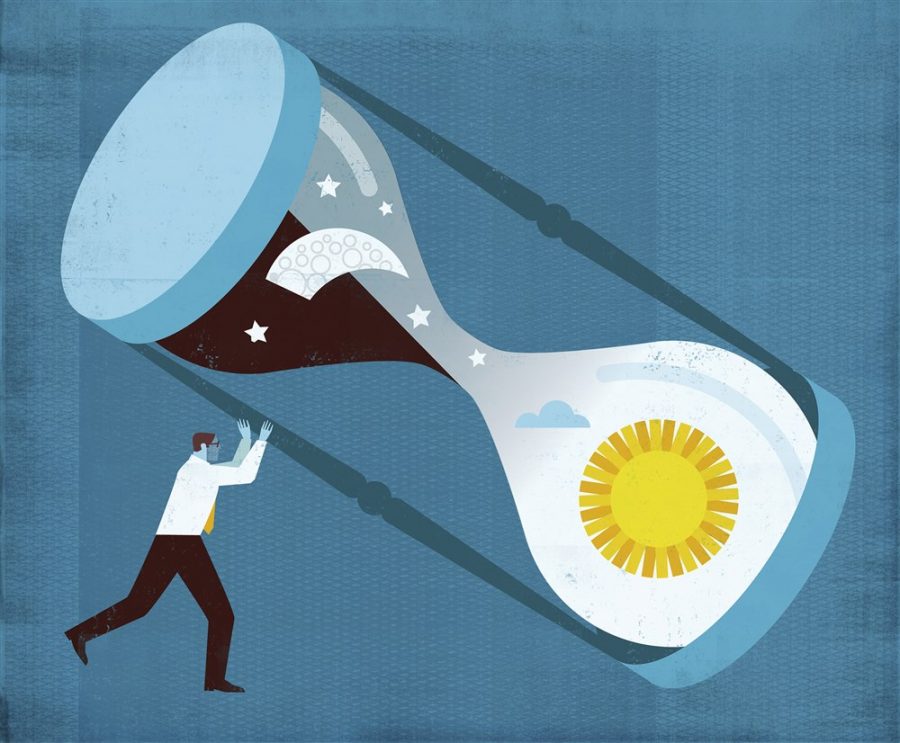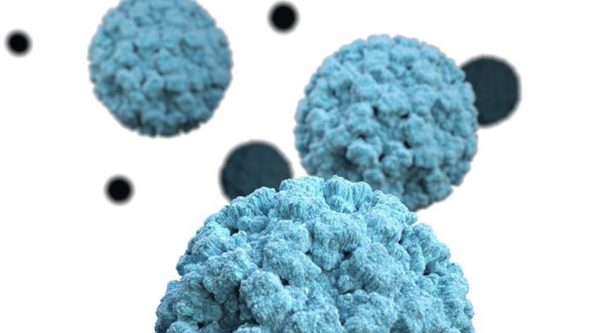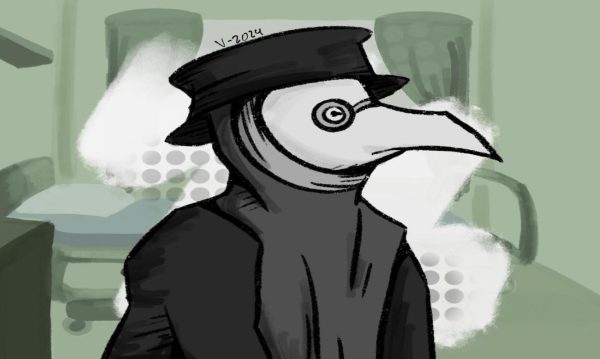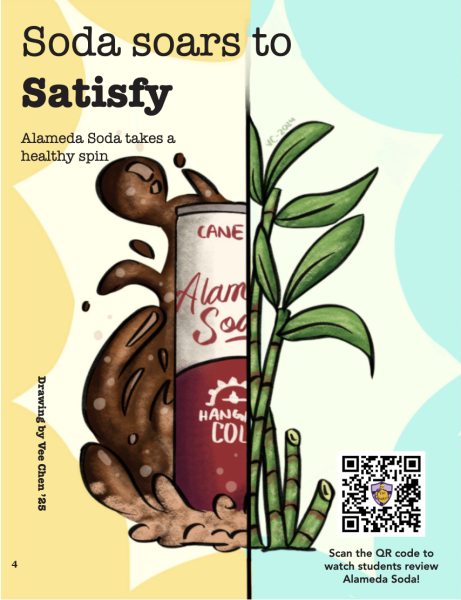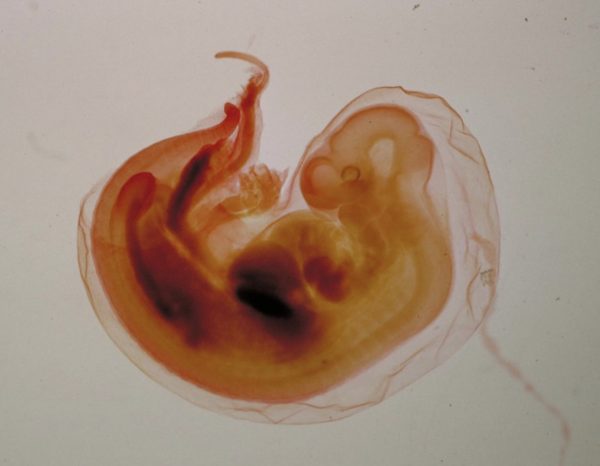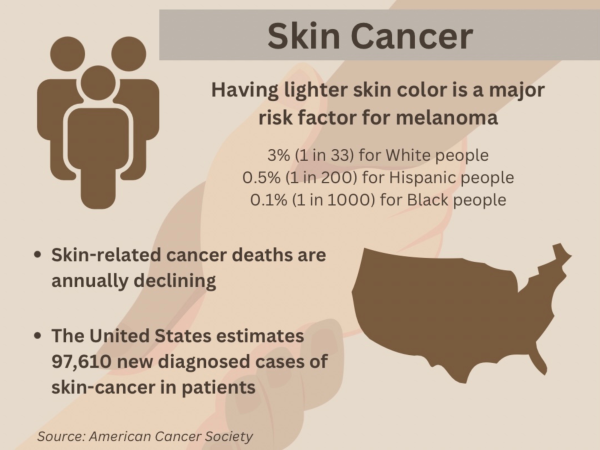Night Owl Syndrome may be genetic. Whooo knew?
Luciano Lozano via Getty Images
Night Owls constantly battle the sands of time avoiding sleep.
February 3, 2021
A recent study on a peculiar sleep disorder, Delayed Sleep Phase Syndrome, has revealed potential treatments for this rare condition. It is nicknamed “Night Owl Syndrome” for its distinctive effect of forcing people to stay up later than usual.
The new findings were published on Oct. 26, in the scientific journal, Proceedings of the National Academy of Sciences. The authors, concurred that people with this sleep disorder cannot sleep until late at night and so wake up later, affecting their daily lives.
Back in 2017, scientists discovered the cause behind this was a genetic mutation of a protein called a cryptochrome. This unusual genetic mutation changes an important part of the system that controls the human body’s daily rhythms.
This disorder affects up to 15 percent of teenagers and adults, but people naturally have different sleep habits and it’s actually normal for teenagers to exhibit signs of DSPD.
Teenagers naturally develop a circadian rhythm that is later, both for going to bed and waking up. Later than they had as kids and later than most adults have. This is natural and most teenagers have to fight it to conform to our society’s early-start days. It is a built-in struggle. — Elizabeth Heuser, Wellness Counseler
The causes aren’t completely understood, but genetics, puberty, other disorders such as insomnia, and poor sleeping habits are often associated with Delayed Sleep Phase Syndrome.
DSPS may cause difficulty falling asleep and waking up, for the internal clock of the human body will force the person to stay awake, and wake up later. DSPS may also cause excessive drowsiness and mental health issues.
In addition, DSPS may prevent someone from getting enough deep sleep, which is essential to health, and can interfere with daily life, cause unhealthy dependencies, and wreak havoc on mental health.


